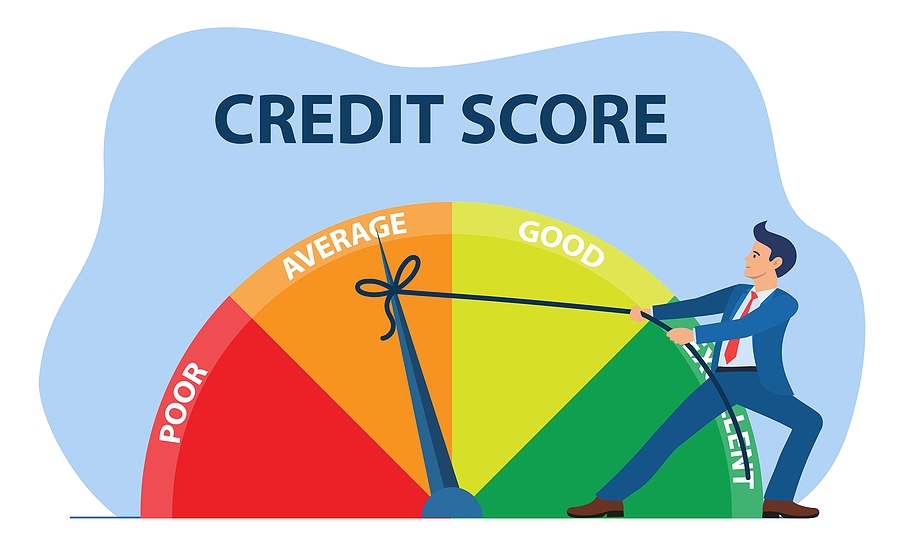Your credit score plays a crucial role in various aspects of your financial life, including your ability to secure favorable loan terms, qualify for a mortgage, or even rent an apartment. Understanding how your credit score works and knowing how to improve and maintain it is essential for your financial well-being. In this blog post, Mike Lombardo, a trusted real estate broker in Cape Coral, shares five important things you should know about your credit score to help you navigate the world of personal finance with confidence.

What Is a Credit Score?
Your credit score is a three-digit number that represents your creditworthiness to lenders. It is based on information from your credit history, including your payment history, credit utilization, length of credit history, types of credit, and new credit inquiries. The most commonly used credit scoring models are FICO® Score and VantageScore®, which range from 300 to 850. The higher your credit score, the better your creditworthiness is perceived by lenders.
The Importance of a Good Credit Score:
A good credit score is essential when applying for a mortgage, car loan, or credit card. It can influence the interest rates, loan terms, and credit limits you are offered. A higher credit score can save you thousands of dollars in interest payments over the life of a loan. Additionally, landlords, insurance companies, and even employers may use your credit score to assess your reliability and trustworthiness. Maintaining a good credit score demonstrates financial responsibility and opens up opportunities for better financial outcomes.
Factors That Affect Your Credit Score:
Several factors contribute to your credit score. The most significant factors include your payment history, which accounts for about 35% of your score, and your credit utilization ratio, which is the amount of credit you are using compared to your total credit limit. Other factors include the length of your credit history, the types of credit you have, and recent credit inquiries. It’s important to make timely payments, keep credit card balances low, and avoid opening multiple new accounts in a short period to maintain a healthy credit score.
How to Improve Your Credit Score:
If your credit score is less than ideal, there are steps you can take to improve it. Start by making all your payments on time, as payment history has a significant impact on your score. Pay down existing debts and keep credit card balances low to improve your credit utilization ratio. It’s also wise to review your credit report regularly to identify any errors or discrepancies and address them promptly. Building a positive credit history takes time, but consistent and responsible financial habits can lead to improvements in your credit score.
Monitoring Your Credit Score:
Regularly monitoring your credit score and credit report is essential. You can access your credit report for free once a year from each of the three major credit bureaus (Equifax, Experian, and TransUnion) through annualcreditreport.com. Additionally, many credit card companies and financial institutions offer free credit score monitoring services. Staying informed about your credit score allows you to detect any changes or potential issues early on and take proactive steps to protect and improve your credit.
